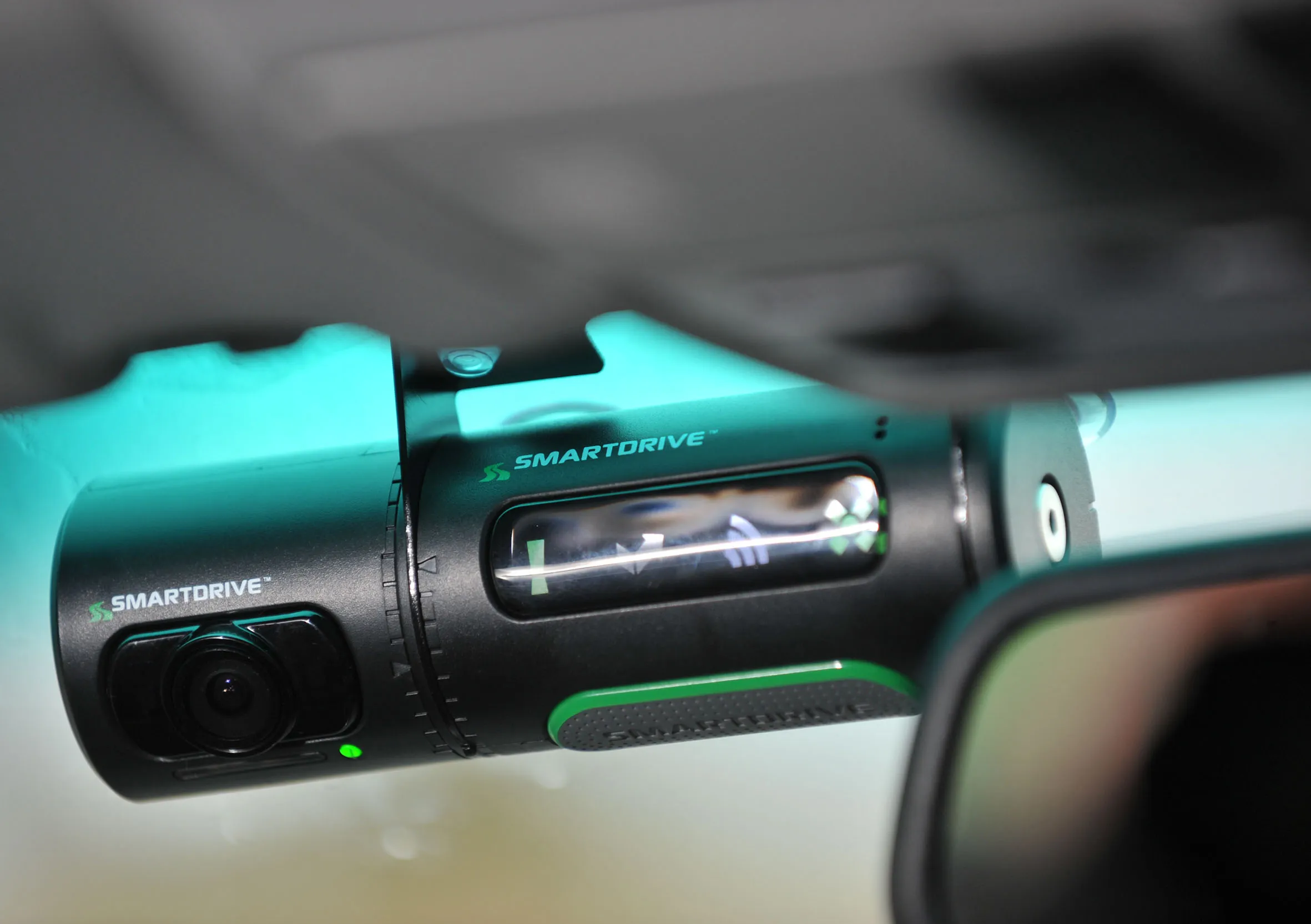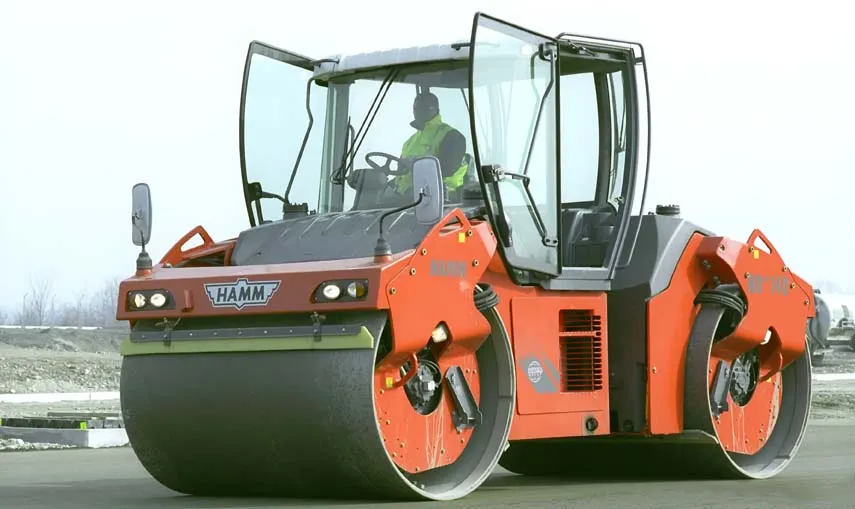A US firm, SmartDrive Systems, has developed a sophisticated tool that can be used to boost fuel efficiency across vehicle fleets while also improving safety.
February 23, 2012
Read time: 1 min

A US firm, 3101 SmartDrive Systems, has developed a sophisticated tool that can be used to boost fuel efficiency across vehicle fleets while also improving safety. The patented Memory Management in Event Recording System uses a range of motion and GPS sensors to detect risky driving behaviour such as sudden stops, hard cornering, aggressive acceleration, and excessive speed. The system provides video and vehicle event information for review by SmartDrive vehicle safety experts who can identify over 50 unsafe driving practices.
Fleet owners can use this analysis to improve safe driving performance and reduce fuel consumption.
Fleet owners can use this analysis to improve safe driving performance and reduce fuel consumption.








